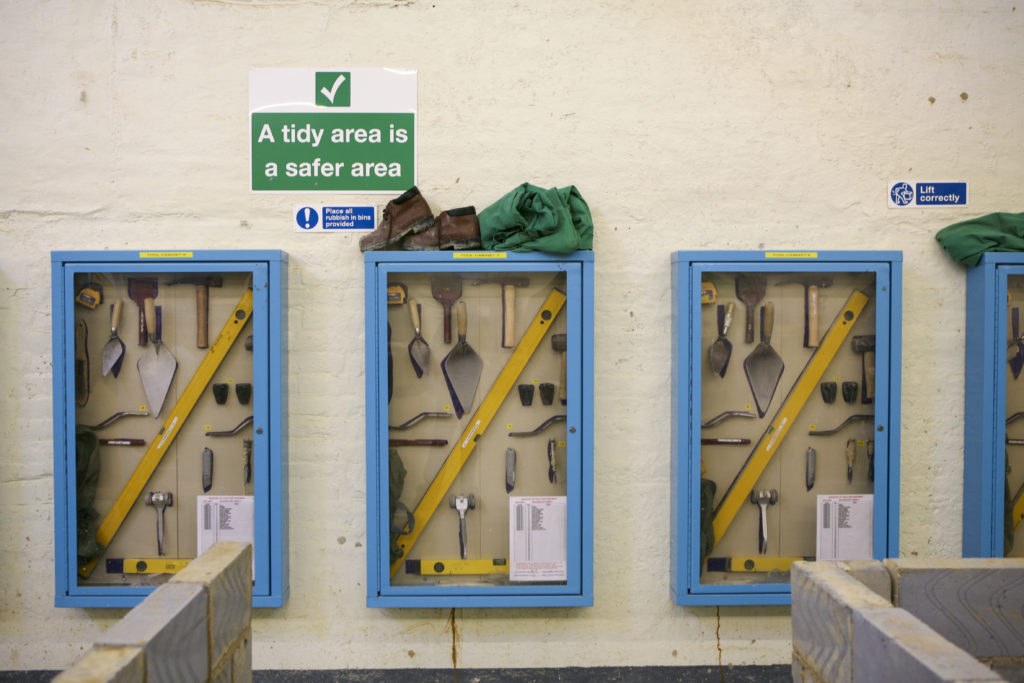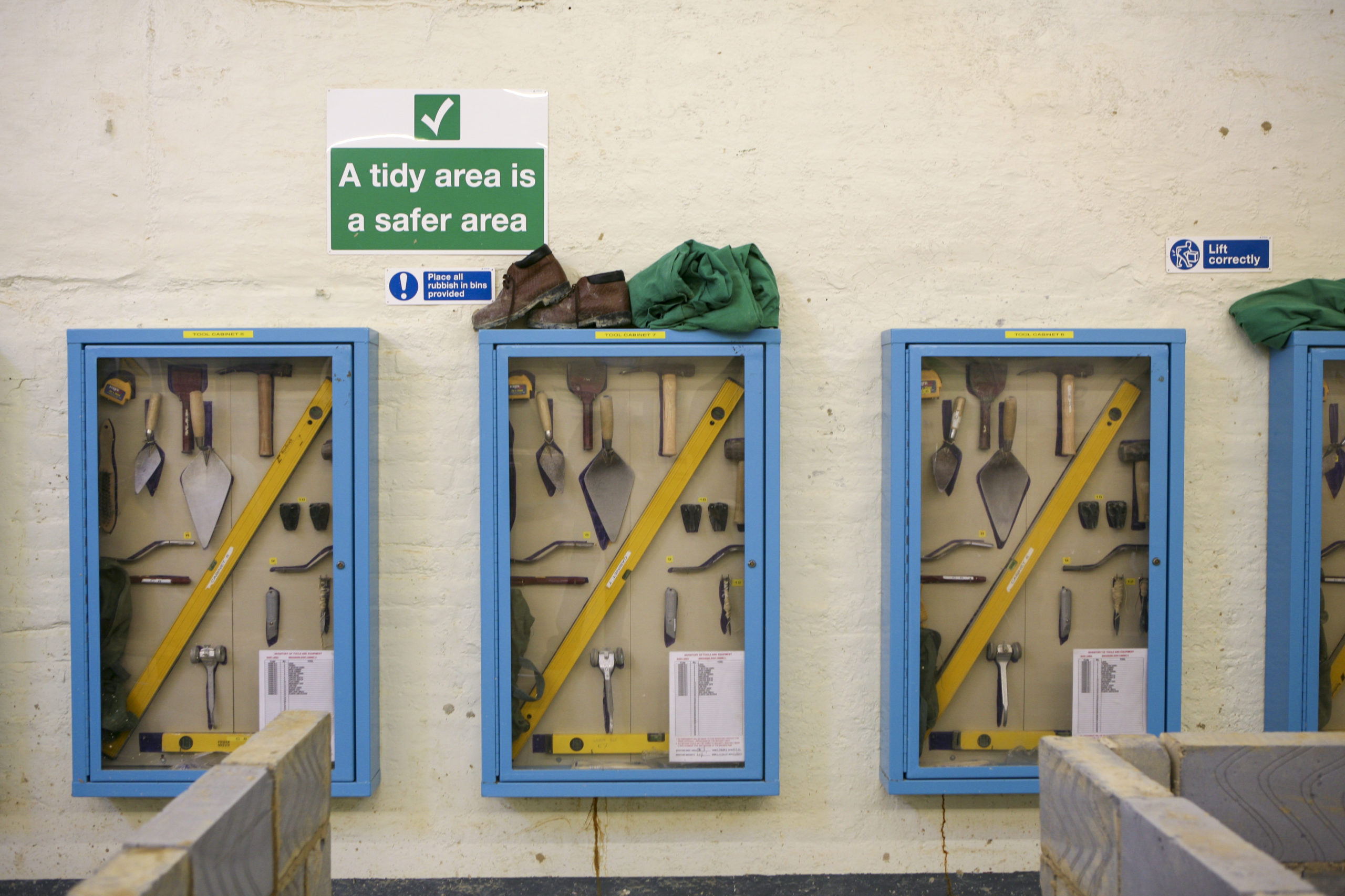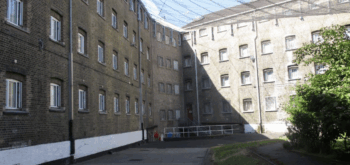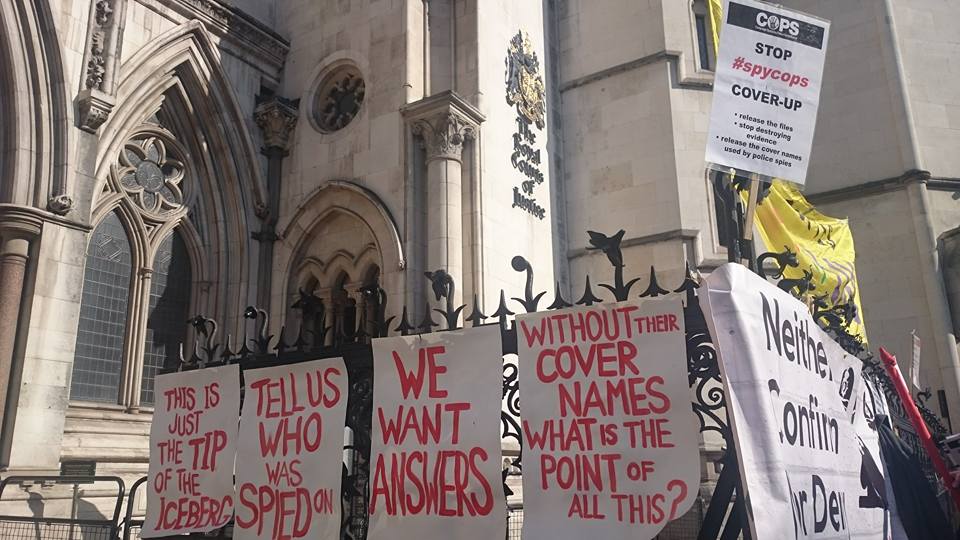Over 20 figures from criminal justice organisations have penned an open letter to the justice secretary asking him to reconsider Clause 35 of the Sentencing Bill currently going through Parliament. The clause would give probation workers additional powers to publish the names and photos of those sentenced to unpaid work requirements or ‘community service’.
The Ministry of Justice claims this would ‘increase the visibility’ of this kind of sentence and better allow the public to ‘see’ justice being done, but already the proposal has prompted professionals in the industry to express their concerns.
In an open letter signatories called for the withdrawal of the clause in case the children and families of those subject to community sentencing become ‘collateral damage’ in a bid to ‘toughen up’ community sentencing. The letter’s author’s included CEOs of St Giles Trust, Clinks, Unlock, Prison Advice and Care Trust and Prison Reform Trust. The letter highlighted three possible consequences for children whose parents are subject to unpaid work requirements under the newly proposed clause 35; bullying, vigilantism and a profound psychological impact of stigma and shame.
Andy Keen-Downs, CEO at the Prison Advice and Care Trust, drew attention to the risk this clause could pose to the children and families of those serving these kinds of sentences. Children with a loved one in the criminal justice system already face problems their peers don’t, Keen-Downs says, and adding the naming and shaming of a parent to their list of challenges ‘flies in the face of this Government’s pledge to protect vulnerable children.’
It’s not just the children and families of those facing community sentences that could be at risk, critics of the clause say, it’s the efficacy of the sentences themselves. Martin Jones, HM inspector of probation, highlighted the risk of disincentivising those subject to unpaid work requirements to actually complete their work; ‘If offenders are turning up to do the work I do not see a reason why they should also have their images published.’
Campbell Rob, CEO of Nacro, said this measure would further increase the social stigma already faced by people with criminal convictions. ‘It risks pushing people further to the margins, making it harder for them to find work, rebuild their lives and move away from crime.’
Open and transparent justice is a cornerstone of a functional democracy, where we can see bad actors and how our state deals with them. But in this area of their proposed reforms to the criminal justice system, Labour risk othering those subject to community orders and widening the empathy gap between those who commit crime and those who don’t.








